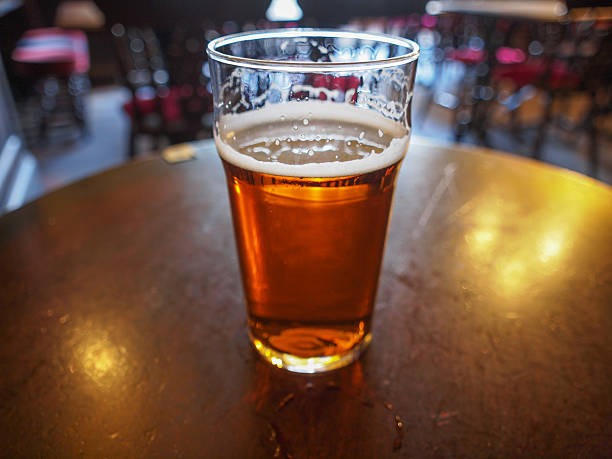New research published today by the Chartered Trading Standards Institute (CTSI) has found that over two thirds of beer and wine, checked by Trading Standards professionals, is short measured.
The findings come at a time when the price of alcoholic drinks is at an all-time high: according to the Office of National Statistics (ONS), the average price of a bottle of red wine has increased 8% in the last year, while the average cost of a pint of lager is up 5.6%.
Among their findings,96 short measures out of 137 test purchases, meaning approximately 70% of the test purchases were short measured.
Out of the short measures, 41 were at a deficit of 5% or over – 29% of all the 137 drinks tested.
When broken down between beer and wine, it was noted that 86% of beer was short measured while 43% of wine was found to be short measured.
The average deficit for short-measured beer found in the survey was 4%, while for wine it was 5%
For the average beer drinker, this equates to a loss of £1.70 per week, or £88.40 per year, and for an average wine drinker in the UK this jumps to £2.20 per week and £114.40 per year.
In addition to these issues with short measuring, there has been an ongoing discussion around whether a pint of beer should include the frothy head or not. Legally, the head is included, however CTSI’s new public polling found that over one third of the public of 2,000 felt the head should not be included in the pint measure – higher than one quarter who believed the head should be included.
The Campaign for Real Ale (CAMRA) maintains that the pint measure should not include the head, and that consumers should have a right to a 100% liquid pint.
John Herriman, Chief Executive at CTSI, said:
“While this is a snapshot, it is the first time that we have been able to build a national picture of how widespread short measuring of alcoholic drinks are, and the potential detriment to the average consumer of around £115 every year suggests there is the need for more comprehensive research to better understand the impact of short measures, not just for alcoholic drinks but across a broader spectrum of consumer goods. Weights and measures is a key role for Local Authority Trading Standards, but right now we simply don’t have the resources to allocate, and even the equipment to use, to undertake spot checks that ensure consumers are getting what they pay for.
“We are calling on the hospitality sector to ensure that consumers get value for money by making sure they are correctly measuring the drinks they are serving to customers in the nation’s pubs and bars and for further research in this area.”







